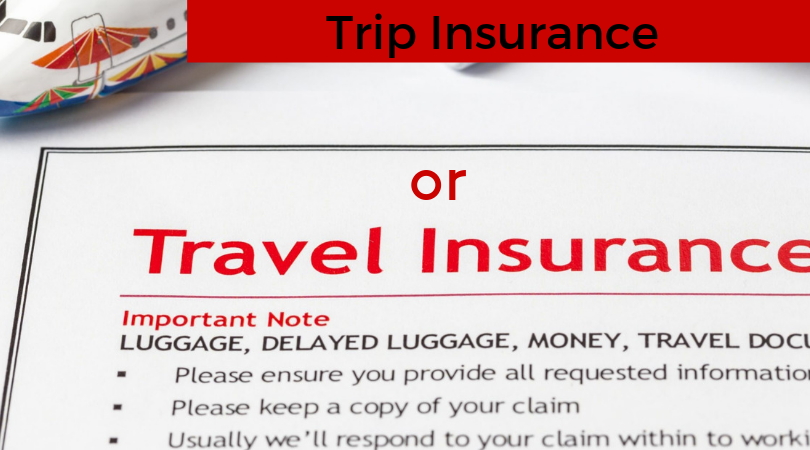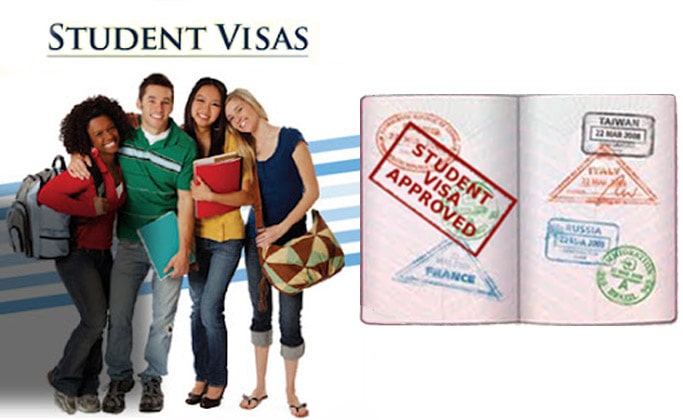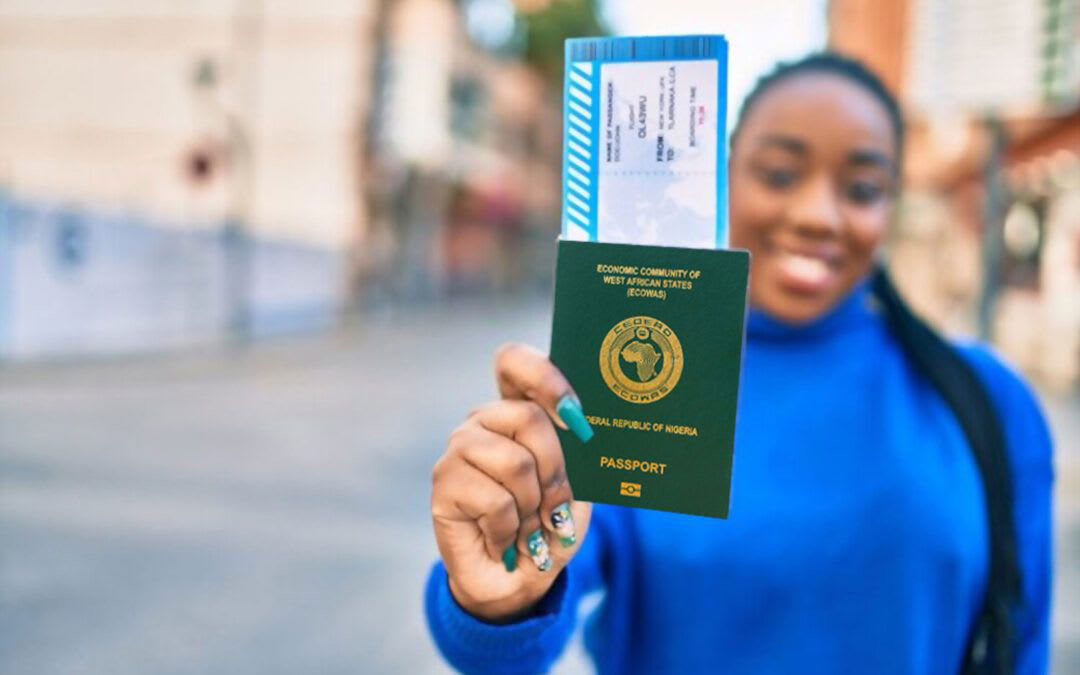
Visa on Arrival Countries for Africans in 2025
Table of Contents
-
Introduction
-
What Is a Visa on Arrival?
-
How Visa on Arrival Works for African Travelers
-
Benefits of Visa on Arrival for African Passport Holders
-
Common Challenges with Visa on Arrival
-
Visa on Arrival vs. eVisa: Understanding the Difference
-
Top Visa on Arrival Countries for Africans in 2025
-
7.1. Maldives
-
7.2. Nepal
-
7.3. Cambodia
-
7.4. Indonesia
-
7.5. Bolivia
-
7.6. Madagascar
-
7.7. Comoros
-
7.8. Seychelles
-
7.9. Iran
-
7.10. Laos
-
7.11. Timor-Leste
-
7.12. Tanzania (Regional Entry Example)
-
-
African Countries Offering Visa on Arrival to Other Africans
-
What You Need to Obtain a Visa on Arrival
-
Step-by-Step Process of Getting a Visa on Arrival
-
Cost of Visa on Arrival for Africans
-
Important Tips for African Travelers Using Visa on Arrival
-
Common Mistakes to Avoid During Visa on Arrival
-
Frequently Asked Questions (FAQs)
-
Final Thoughts
1. Introduction
Visa on Arrival Countries for African. For decades, obtaining a visa has been one of the major hurdles faced by African travelers. Many African passports face high visa restrictions when it comes to global mobility. However, Visa on Arrival (VoA) arrangements are making travel easier by allowing African citizens to obtain entry permits directly upon landing in a foreign country.
In 2025, more countries are opening their borders to Africans under simplified visa-on-arrival or eVisa systems. This development is helping African tourists, entrepreneurs, and professionals explore new destinations without the lengthy embassy processes that previously restricted movement.
This article explores visa-on-arrival countries for Africans in 2025, their requirements, benefits, and step-by-step guidance on how to use them efficiently while complying with immigration laws.
2. What Is a Visa on Arrival?
A Visa on Arrival (VoA) is a travel authorization that allows a traveler to obtain their visa immediately upon arrival at a foreign country’s airport, seaport, or land border. Instead of applying at an embassy before traveling, you receive your visa after presenting necessary documents and paying a fee at immigration control.
Unlike visa-free entry, a visa on arrival still requires payment and documentation, but it eliminates the long pre-travel approval process. For African travelers, this means greater access to global destinations without needing embassy appointments or waiting weeks for approval.
3. How Visa on Arrival Works for African Travelers
When an African traveler arrives in a destination that offers VoA, the process usually involves:
-
Filling out an arrival card with personal details and travel purpose.
-
Presenting travel documents, including a valid passport, return ticket, and proof of accommodation.
-
Paying the visa fee, which may range from $20 to $100, depending on the country.
-
Receiving an entry stamp or visa sticker, valid for a limited stay period, often 15 to 90 days.
The entire process typically takes 15 to 45 minutes at the airport, depending on traffic and the country’s immigration system.
4. Benefits of Visa on Arrival for African Passport Holders
Visa on arrival offers several advantages, including:
a. Flexibility
You can plan last-minute trips without waiting weeks for visa approval.
b. Cost Efficiency
It removes the need for additional courier fees or travel agency charges.
c. Accessibility
African travelers with passports from Nigeria, Ghana, Kenya, South Africa, or Tanzania can visit countries that might otherwise be difficult to access.
d. Simplicity
You only need essential travel documents, and no pre-travel interviews are required.
e. Encouragement of Tourism and Trade
Many African business owners take advantage of visa-on-arrival programs to explore new markets and investment opportunities abroad.
5. Common Challenges with Visa on Arrival
Despite its benefits, visa-on-arrival travel can present challenges:
-
Unclear requirements: Some airports enforce extra documentation unexpectedly.
-
Limited entry points: Not all border posts issue VoA; some countries restrict them to major airports.
-
Payment issues: Some immigration desks accept only cash in U.S. dollars.
-
Short validity: Visa on arrival typically allows short stays (7–30 days).
-
Rejection risk: Entry can still be denied if you fail to meet requirements.
Therefore, it’s advisable to confirm visa policies directly with the embassy or official immigration website before traveling.
6. Visa on Arrival vs. eVisa: Understanding the Difference
Many travelers confuse Visa on Arrival with eVisa (electronic visa). Although both simplify travel, they differ significantly:
| Feature | Visa on Arrival | eVisa |
|---|---|---|
| Application Method | At the airport upon arrival | Online before traveling |
| Processing Time | Instant | 2–7 working days |
| Payment | Paid at the point of entry | Paid online |
| Documentation | Physical copies required | Digital upload |
| Entry Risk | May be denied if documentation fails | Approval granted before travel |
Both systems aim to ease travel for African citizens, but the eVisa offers more certainty, while VoA provides flexibility.
7. Top Visa on Arrival Countries for Africans in 2025
Below are the most popular visa-on-arrival countries for African citizens as of 2025. Each offers unique opportunities for tourism, business, or short-term visits.
7.1. Maldives
-
Stay duration: Up to 30 days
-
Fee: Free (subject to proof of accommodation and funds)
-
Requirement: Valid passport, confirmed hotel booking, and return ticket.
The Maldives remains one of the easiest visa-on-arrival destinations for African tourists. It’s especially popular among honeymooners and vacationers seeking pristine beaches.
7.2. Nepal
-
Stay duration: 15–90 days (extendable)
-
Fee: $30–$125 depending on duration
-
Entry points: Tribhuvan International Airport, Kathmandu
Nepal welcomes African travelers for cultural exploration and trekking adventures. The process is simple, and the visa is stamped at the airport upon arrival.
7.3. Cambodia
-
Stay duration: 30 days
-
Fee: $30
-
Required documents: Passport (6 months validity), photo, and return ticket.
Cambodia’s visa-on-arrival policy for Africans encourages tourism around Phnom Penh and Siem Reap’s ancient Angkor temples.
7.4. Indonesia
-
Stay duration: 30 days (non-extendable)
-
Fee: $35
-
Eligibility: Most African countries, including Nigeria, Kenya, and South Africa.
Indonesia’s relaxed entry policy has made it a top choice for digital nomads and tourists.
7.5. Bolivia
-
Stay duration: 90 days
-
Fee: $30
-
Requirement: Proof of funds and yellow fever vaccination certificate.
Bolivia offers African travelers the chance to explore the Andes and the Amazon without prior visa application.
7.6. Madagascar
-
Stay duration: 30–90 days
-
Fee: $37
-
Requirement: Passport and return ticket.
Madagascar’s visa-on-arrival system supports tourism from across Africa, offering easy access to wildlife and nature experiences.
7.7. Comoros
-
Stay duration: 45 days
-
Fee: $50
-
Note: Payment made at entry.
Comoros is one of the few African island nations welcoming fellow Africans with simple visa-on-arrival procedures.
7.8. Seychelles
-
Stay duration: 90 days (Visitor’s Permit)
-
Fee: Free
Seychelles grants entry on arrival to all nationalities, provided visitors have confirmed accommodation, return ticket, and sufficient funds.
7.9. Iran
-
Stay duration: 30 days
-
Fee: $75
Iran offers visa on arrival for several African countries, including Kenya and South Africa. Nigerian travelers may need to apply in advance, depending on diplomatic updates.
7.10. Laos
-
Stay duration: 30 days
-
Fee: $40
-
Entry point: Vientiane and Luang Prabang airports.
Laos’ visa-on-arrival process is straightforward for Africans, making it a great gateway to Southeast Asia.
7.11. Timor-Leste
-
Stay duration: 30 days
-
Fee: $30
Timor-Leste, one of Asia’s newest nations, offers visa on arrival to all travelers entering through Dili International Airport.
7.12. Tanzania (Regional Entry Example)
African travelers can enjoy simplified entry between several East African Community (EAC) countries, including Tanzania, Kenya, Uganda, Rwanda, and Burundi. For example:
-
Kenyan citizens can enter Tanzania visa-free.
-
Nigerians can obtain a visa on arrival for up to 90 days.
8. African Countries Offering Visa on Arrival to Other Africans
Intra-African travel is also improving, thanks to regional visa agreements. Below are African nations offering visa-on-arrival to fellow Africans:
| Host Country | Duration | Conditions |
|---|---|---|
| Rwanda | 30 days | Available to all Africans |
| Ghana | 30 days | Available to all African Union members |
| Zambia | 90 days | Available to select African countries |
| Mozambique | 30 days | Available to most African countries |
| Tanzania | 90 days | Available to selected African countries |
| Cape Verde | 30 days | Open to African Union citizens |
These initiatives align with the African Union’s goal for a visa-free Africa, enhancing trade and tourism across the continent.
9. What You Need to Obtain a Visa on Arrival
To avoid being denied at entry, ensure you have the following:
-
Valid Passport: Minimum of 6 months before expiry.
-
Return or onward ticket.
-
Proof of accommodation: Hotel booking or host address.
-
Proof of funds: Bank statement or cash for daily expenses.
-
Yellow fever vaccination certificate (for tropical regions).
-
Passport-size photographs (optional in some cases).
10. Step-by-Step Process of Getting a Visa on Arrival
-
Confirm Eligibility: Check the country’s official immigration website.
-
Prepare Documents: Print flight tickets, accommodation, and bank proof.
-
Arrive at Immigration Desk: Join the Visa on Arrival queue.
-
Fill Application Form: Available at the airport desk.
-
Pay Visa Fee: Pay in the accepted currency (usually USD).
-
Receive Visa Sticker or Stamp: Ensure accuracy before leaving the counter.
-
Proceed to Passport Control: Get your final entry stamp.
11. Cost of Visa on Arrival for Africans
Visa fees vary depending on the country and duration of stay:
| Country | Fee (USD) | Validity |
|---|---|---|
| Nepal | $30–$125 | 15–90 days |
| Cambodia | $30 | 30 days |
| Indonesia | $35 | 30 days |
| Madagascar | $37 | 30–90 days |
| Bolivia | $30 | 90 days |
| Comoros | $50 | 45 days |
| Laos | $40 | 30 days |
| Iran | $75 | 30 days |
| Seychelles | Free | 90 days |
Always verify updated costs before travel, as visa policies can change annually.
12. Important Tips for African Travelers Using Visa on Arrival
-
Carry extra cash: Some airports don’t accept cards.
-
Have printed copies of bookings: Immigration often requests hard copies.
-
Avoid overstaying: Overstaying may result in fines or bans.
-
Dress decently and be polite: First impressions matter at immigration checkpoints.
-
Confirm entry restrictions: Some VoA countries require onward tickets.
-
Keep a pen handy: You may need to fill out multiple forms manually.
13. Common Mistakes to Avoid During Visa on Arrival
-
Not confirming eligibility: Some African countries are excluded from VoA lists.
-
Expired passports: Leads to instant rejection.
-
No proof of funds or hotel booking.
-
Overstaying your visa period.
-
Using unofficial agents at the airport: Always use government counters.
14. Frequently Asked Questions (FAQs)
Q1. Can Nigerians get visa on arrival in any country?
Yes. Nigerians can get visa on arrival in countries like Maldives, Nepal, Madagascar, Cambodia, and Comoros. However, requirements vary, so it’s best to check the destination country’s official immigration website before traveling.
Q2. Which African countries offer visa on arrival to other Africans?
Countries such as Rwanda, Ghana, Cape Verde, Mozambique, and Tanzania provide visa on arrival to citizens of other African nations.
Q3. How long does it take to get a visa on arrival?
The process usually takes 15–45 minutes, depending on the number of passengers and local immigration procedures.
Q4. Can I be denied visa on arrival even if eligible?
Yes. Entry may be denied if you fail to show proof of accommodation, funds, or a valid return ticket.
Q5. Do I need yellow fever vaccination for visa on arrival?
Yes, especially for African and tropical countries like Madagascar, Comoros, and Tanzania. Always carry your vaccination certificate.
Q6. Is visa on arrival available for business travel?
In most cases, yes. You can use VoA for short business trips, conferences, or trade fairs, but not for employment purposes.
Q7. What’s the difference between visa-free and visa on arrival?
Visa-free means no visa is required to enter the country, while visa-on-arrival requires you to obtain permission at the entry point.
15. Final Thoughts
Visa on Arrival Countries for African. The world is gradually becoming more open to African travelers, and visa-on-arrival systems are a major part of that progress. In 2025, Africans can explore dozens of destinations without the traditional visa stress — from the beaches of Seychelles and Maldives to the temples of Cambodia and mountains of Nepal.
However, while these opportunities exist, travelers should always confirm updated policies before departure and adhere strictly to entry requirements to avoid complications. Visa-on-arrival access is a privilege that reflects global trust, and African travelers should use it responsibly.
With careful planning, the right documentation, and an understanding of visa rules, Africans can travel more freely, building stronger cultural and economic ties worldwide.
For more info; visit:
| Destination | Visa Policy Source |
|---|---|
| Maldives | Maldives Immigration |
| Cambodia | Cambodia eVisa Portal |
| Madagascar | Madagascar Ministry of Foreign Affairs |
| Rwanda | Rwanda Directorate General of Immigration |
| Ghana | Ghana Immigration Service |
Related content: Student Visa with Part-Time Work Rights






This Post Has One Comment